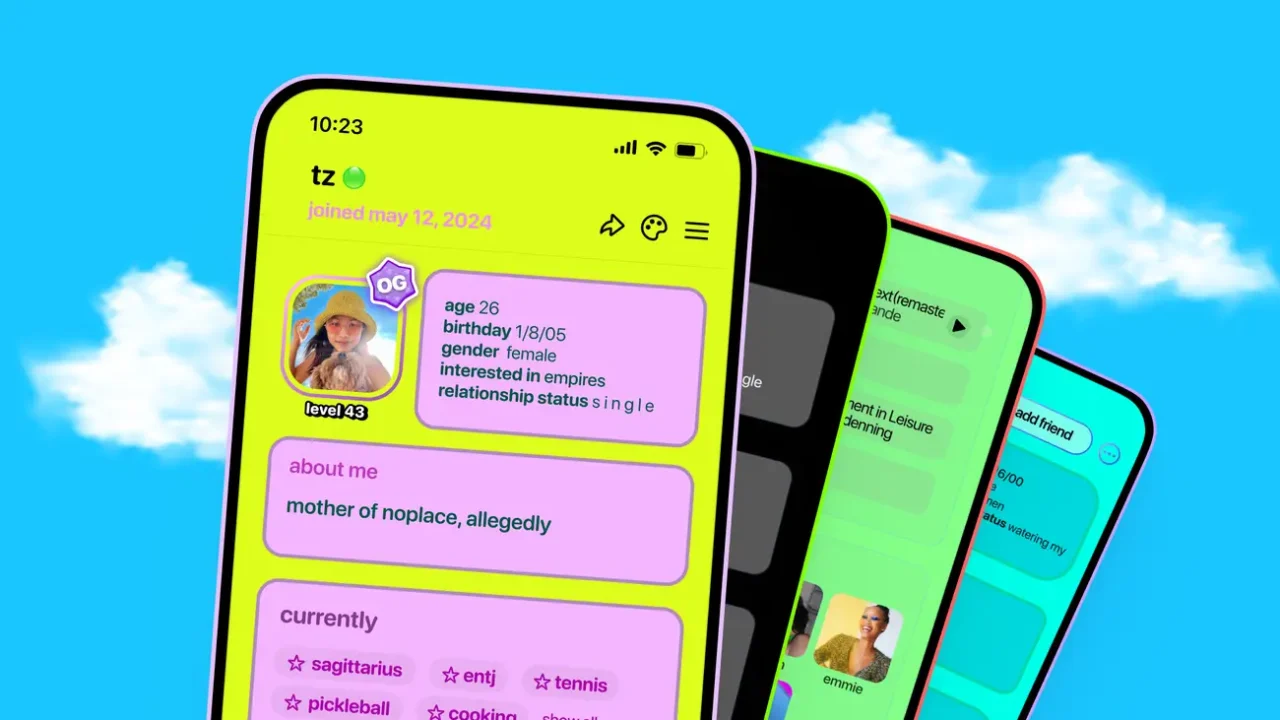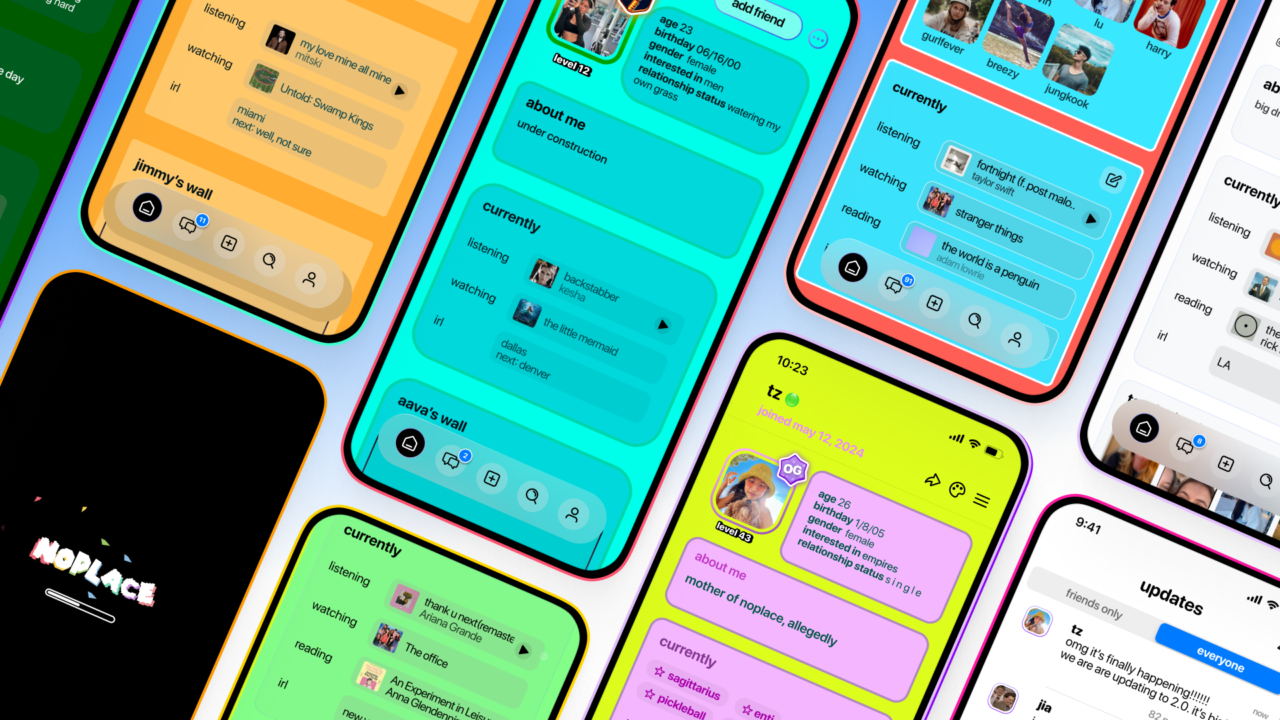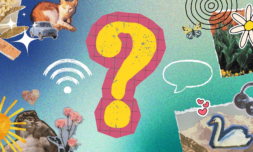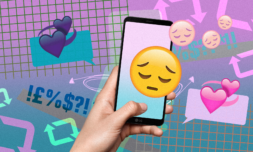Noplace is offering Gen Z a fresh social media experience that prioritises authentic connections and community over algorithms and ads, blending nostalgic MySpace vibes with Twitter’s immediacy.
In an era where algorithms dictate what we see, and ads interrupt our scrolling, a new social media app is rising to prominence by returning to the basics.
Meet Noplace — a text-based feed blending the nostalgic vibes of MySpace with the brevity of Twitter. This fresh platform, developed by 27-year-old Tiffany “TZ” Zhong, is currently dominating the Apple App Store charts, resonating deeply with Gen Z users.
Zhong, a serial entrepreneur whose tech career began in her late teens, has created an app that encourages users to share stream-of-consciousness thoughts directly to the feed. This approach stands in stark contrast to the carefully curated posts seen on platforms like Instagram.
On Noplace, authenticity is the key. Users can also build customisable colour-block profiles showcasing their interests—whether that’s what they’re listening to, watching, eating, doing, or feeling.
The app connects people based on shared interests, or ‘stars,’ and allows them to pin their top 10 friends, creating a more intimate social environment.
The app’s description promises a return to the social media era before ‘algos and ads’ took over, a sentiment that has clearly struck a chord. Earlier this year, Noplace amassed a waiting list of 500,000 eager users, fuelled by viral TikToks and word-of-mouth buzz.
As the younger generation grows weary of incumbent platforms like Instagram, Snapchat, and TikTok, they’re looking for new spaces to call their own.























